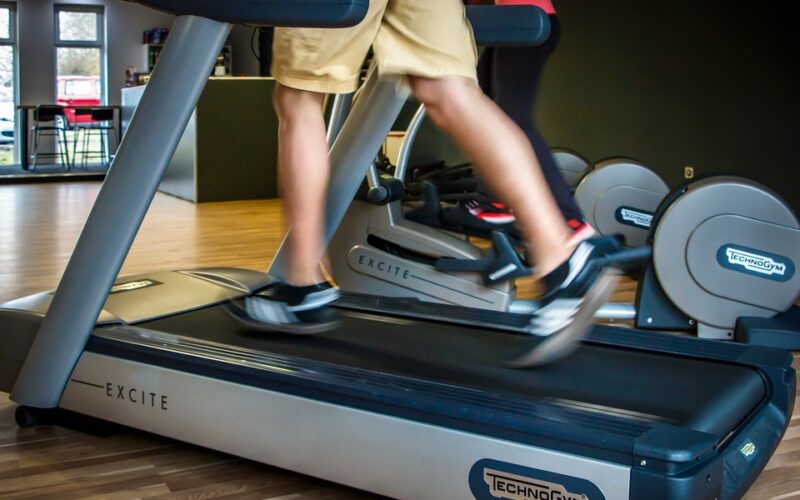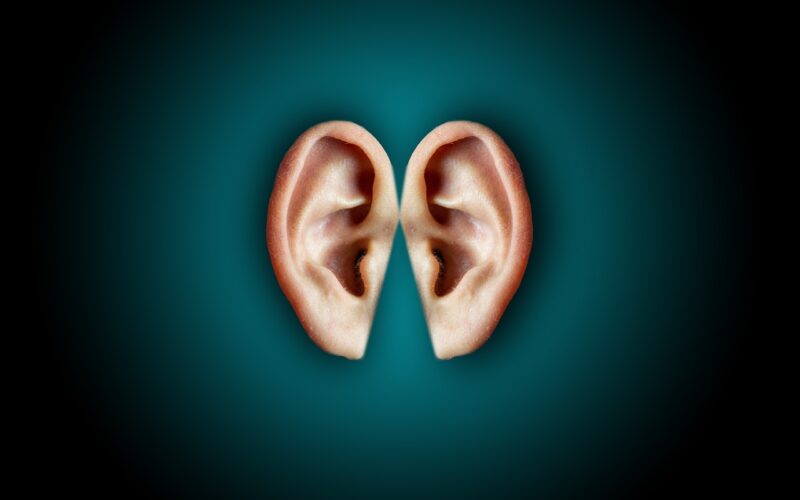Ailments That Can Appear With Old Age
Ageing is a natural process that brings about remarkable life experiences, but it can also usher in a range of health challenges. Understanding these ailments is crucial in managing them effectively and maintaining a better quality of life.
Hearing difficulties and the importance of checks
Hearing loss is among the most prevalent issues encountered as people grow older. This condition can develop gradually, often leading to reduced awareness of its impact on daily life. A key factor affecting hearing in seniors is the build-up of earwax, which can block the ear canal and diminish the ability to hear clearly. Regular ear wax removal can alleviate this problem and improve hearing significantly.
Apart from addressing immediate obstructions like earwax, undergoing Stockport hearing tests is critically important. These tests help identify any changes in auditory function early on, which may be due to age-related hearing loss (presbycusis) or other complications. Prompt assessment allows individuals to explore treatment options such as hearing aids, which can vastly improve their communication and overall well-being.
Vision problems and eye-related conditions
Declining eyesight is another common occurrence in older adults. Conditions such as cataracts, macular degeneration and glaucoma become more prevalent with age. These problems can lead to reduced mobility, poorer quality of life, and, in severe cases, complete vision loss. Regular eye check-ups are invaluable in detecting these issues early, enabling effective treatment or management.
Simple practices like wearing appropriate prescription glasses, maintaining a healthy diet rich in antioxidants, and protecting the eyes from excessive sunlight can play vital roles in preserving vision. For those already affected by more advanced conditions, surgical interventions or therapies often provide significant relief.
Decline in mobility and joint pain
Joint pain and reduced mobility are significant challenges many older adults face. Osteoarthritis, caused by the gradual wear and tear of cartilage, is perhaps the most common culprit. Stiffness, swelling, and pain in joints can severely affect one's ability to move freely and perform everyday tasks.
To mitigate these issues, adopting a routine of low-impact exercises like walking or swimming can help maintain joint flexibility and strength.
Physical therapy, combined with appropriate medications, can also go a long way in reducing discomfort. Maintaining a healthy weight helps lessen the strain on load-bearing joints, ensuring greater comfort in movement over time.
Memory issues and cognitive changes
Many older adults worry about memory loss or cognitive decline, which could range from benign forgetfulness to more severe conditions like dementia or Alzheimer's disease. These cognitive changes are often gradual and can impact daily activities, decision-making, and social interactions if left unattended.
Engaging in brain-stimulating activities, such as puzzles, reading or learning new skills, can keep the mind active and reduce the risk of cognitive impairment. Adding these habits to one's lifestyle, alongside regular health check-ups, helps identify and address early signs of conditions like dementia, allowing for timely intervention.
Managing ear care for seniors
Aside from hearing loss caused by age or illness, blocked ears due to hardened earwax is a widespread issue among the elderly. Ear syringing, a method used to flush out excess earwax using a stream of water, is a common and effective way to manage this problem. It's often performed by healthcare professionals and can help restore hearing clarity.
However, the misuse of Stockport earwax removal or at-home tools like cotton buds can cause complications such as infections or damage to the eardrum. It's advisable to consult a physician for safe and proper ear wax removal Cheadle techniques. Personalised advice and professional care ensure safer outcomes and prevention of further hearing issues.
Preventative measures for a healthier future
Proactive measures can go a long way in managing age-related ailments effectively. Routine medical screenings, including hearing tests, eye exams, and cognitive assessments, are key to identifying potential health problems early. Similarly, maintaining a balanced diet, staying physically active, and staying socially connected can support overall physical and emotional health.
By addressing the signs and symptoms of age-related conditions head-on and seeking timely medical guidance, seniors can continue to lead fulfilling and comfortable lives. Awareness and early intervention remain the most effective strategies for navigating the complexities of ageing.










